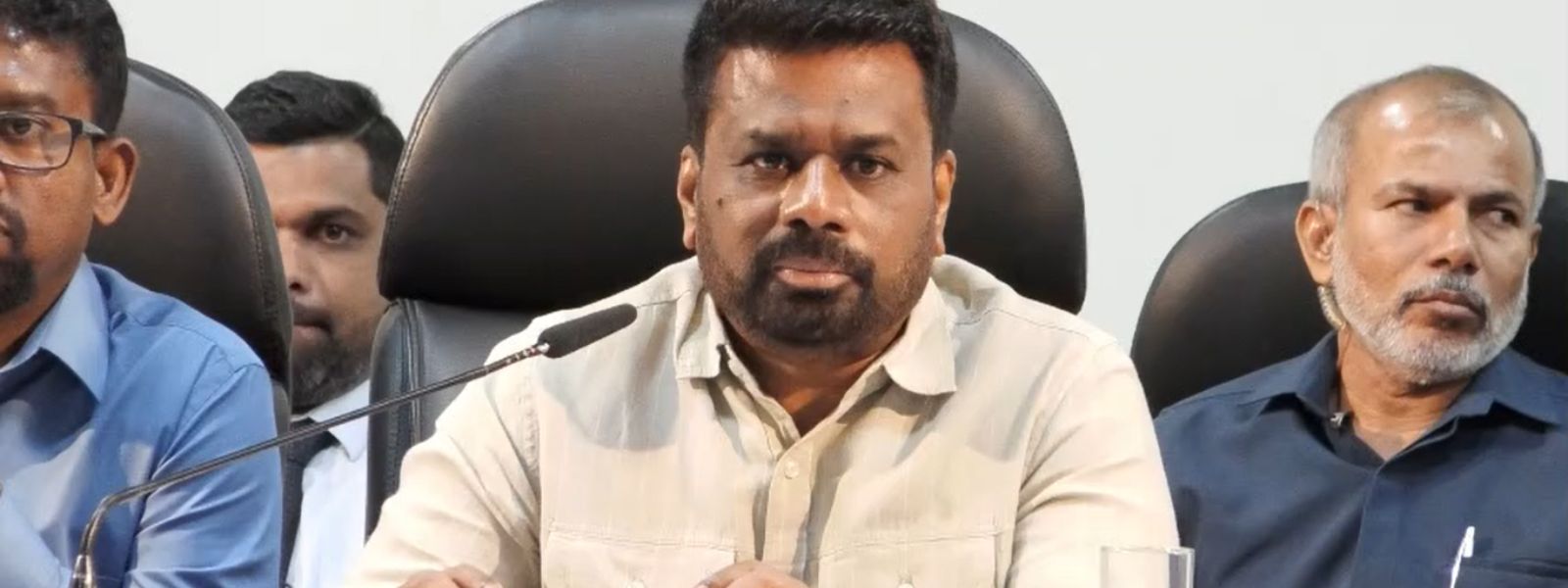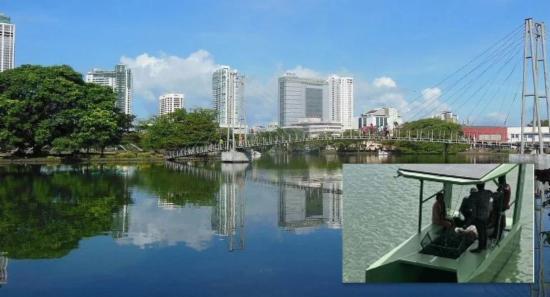.webp)

No More White Elephants: President Targets Underused State Assets
COLOMBO (News 1st); President Anura Kumara Dissanayake has issued a strong call for fiscal discipline and structural reform, criticizing the underutilization of government infrastructure and the mismanagement of public resources.
Speaking candidly, the President highlighted the inefficiencies plaguing state-run facilities and emphasized the urgent need for a policy shift in public spending.
“We have constructed massive government buildings, many of which remain underutilized,” he said. “If we had a proper policy in place, we would not be building new government offices—except in essential sectors like education and healthcare, where such infrastructure is genuinely needed.”
The President also took aim at local councils attempting to operate supermarkets, stating bluntly that “every single supermarket run by local councils in Sri Lanka has failed.”
He emphasized that the private sector is far more capable of managing such ventures efficiently and suggested that future developments should focus on creating attractive, well-managed complexes through public-private partnerships.
Turning his attention to government guesthouses, President Dissanayake revealed that many are operating at a loss. He criticized the practice of reserving rooms exclusively for ministers and directors general, which are only opened during their visits, while the same officials often opt to stay at nearby hotels.
“This is a significant burden on public resources,” he said. “We have compiled a comprehensive report on all such facilities. These guesthouses should be developed and handed over to the private sector, where they can be transformed into viable business ventures.”
Reaffirming his administration’s commitment to financial discipline, the President declared, “We simply cannot afford to waste public funds. Nor do we have the desire to.”
President Dissanayake revealed that the government has allocated Rs. 110 billion for public sector salary increases in 2025, with the same amount to be allocated in 2026 and 2027.
“By 2027, we will need a total of Rs. 330 billion to meet the increased salary commitments,” he said. “We have decided to implement these salary increases in three phases, because we are committed to building a strong and efficient public service.”
Other Articles
Featured News





.png )
-811619_550x300.jpg)
-811613_550x300.jpg)
-811601_550x300.jpg)
-811595_550x300.jpg)
-811589_550x300.jpg)
-811583_550x300.jpg)




-810262_550x300.jpg)
-809496_550x300.jpg)











.webp)






